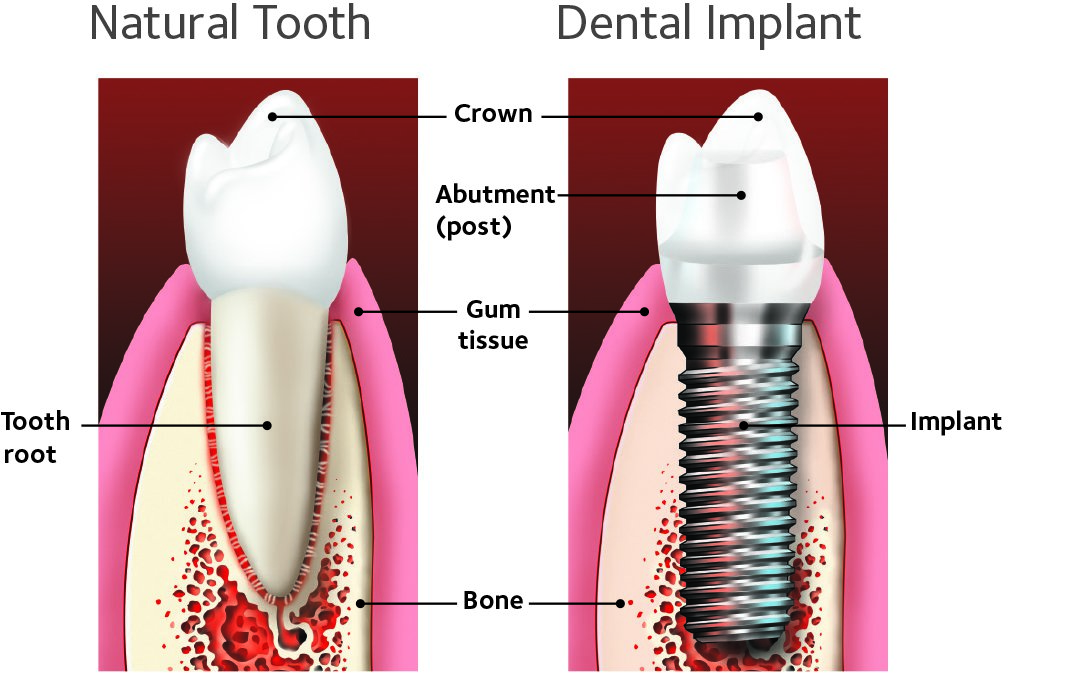Smile Bright: Unveiling the Key Benefits of High-Quality Dental Implants
A bright and confident smile can speak volumes without uttering a single word. Dental implants play a pivotal role in restoring not just the aesthetics but also the functionality of a person's smile. When it comes to dental implants, quality is paramount as it directly impacts the longevity and effectiveness of the treatment. Opting for high-quality dental implants can bring forth an array of benefits that go beyond just the surface level aesthetics, ensuring a healthier and more durable solution for individuals seeking to reclaim their smile.
Benefits of Dental Implants
Dental implants provide a long-term solution to missing teeth, offering stability and durability that can greatly enhance your quality of life. Whether it's a single tooth replacement or multiple missing teeth, implants can restore your ability to chew and speak confidently, improving your overall oral function.
Having high-quality dental implants can also help preserve the natural structure of your jawbone, preventing bone loss and maintaining the integrity of your facial features. This means that implants not only support your oral health but can also contribute to a more youthful appearance in the long run.
Another key benefit of dental implants is the convenience they offer. Unlike removable dentures, implants are securely anchored in your jaw, eliminating the need for adhesives or nightly removal. With proper care, implants can last a lifetime, saving you time and hassle in the maintenance of your smile.
Types of Dental Implants
When it comes to dental implants, there are primarily two main types: endosteal implants and subperiosteal implants. Endosteal implants are the most common type and involve placing the implant directly into the jawbone for a sturdy foundation. On the other hand, subperiosteal implants are placed on top of the jawbone but underneath the gum tissue.

Endosteal implants consist of individual metal posts that are surgically implanted into the jawbone to serve as anchors for artificial teeth. This type of implant is known for its strength and durability, making it a popular choice among patients seeking a long-term solution for missing teeth. Subperiosteal implants, while less common, are utilized for patients who may not have enough healthy jawbone to support traditional implants.
Both types of dental implants offer a permanent solution for individuals looking to restore their smile and improve their oral health. The choice between endosteal and subperiosteal implants depends on factors such as bone health, tooth location, and individual preferences. Consulting with a qualified dental professional is essential to determine the most suitable type of implant for each patient's unique needs.
Cost Considerations
High-quality dental implants may come at a higher initial cost compared to traditional options, but they offer long-term benefits that outweigh the price difference. Investing in premium implants can save you money in the long run by reducing the need for frequent replacements and extensive repairs.
When considering the cost of dental implants, it's crucial to factor in the expertise of the dental implant provider. Choosing a skilled and experienced professional may involve higher fees, but it is essential for successful implant placement and long-lasting results. Quality should never be compromised when it comes to your oral health.
Additionally, some dental insurance plans may offer coverage for dental implants, potentially reducing the out-of-pocket expenses. It's advisable to check with your insurance provider to understand the extent of coverage available for dental implants and related procedures.